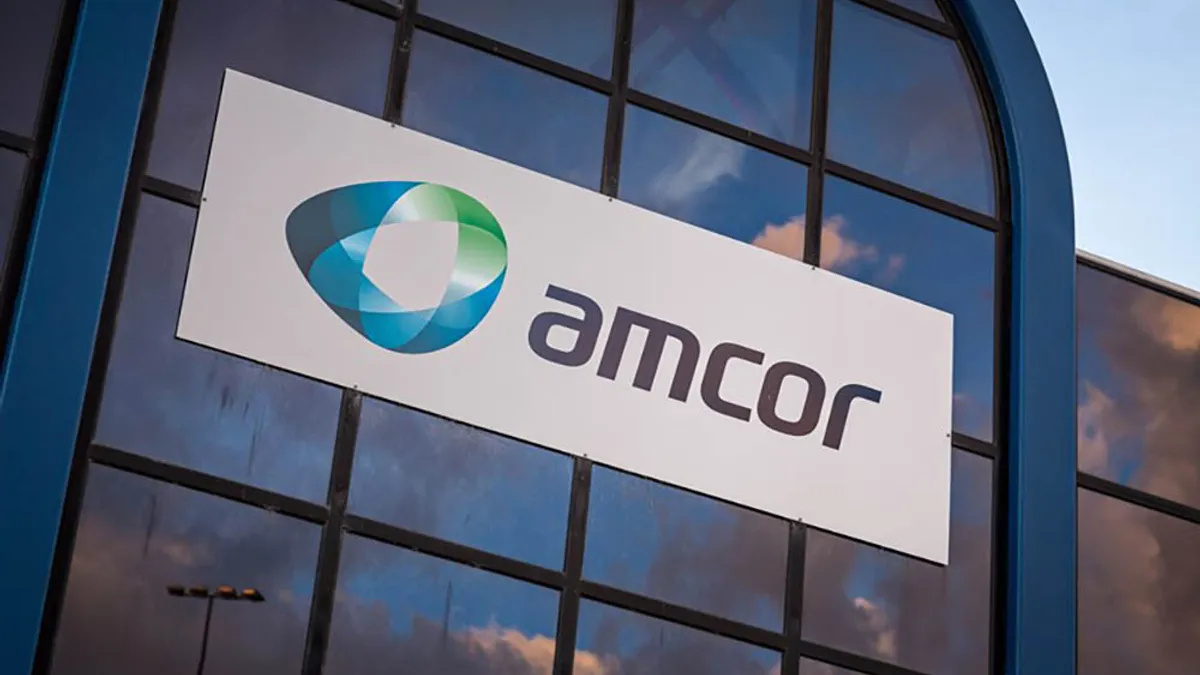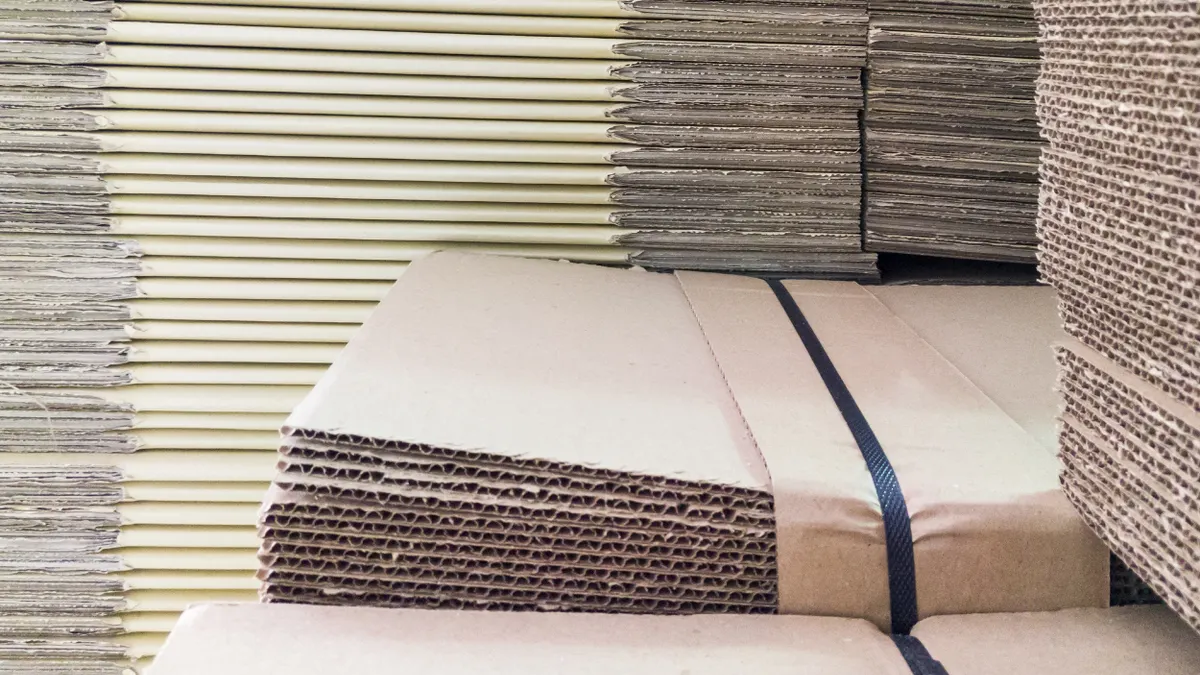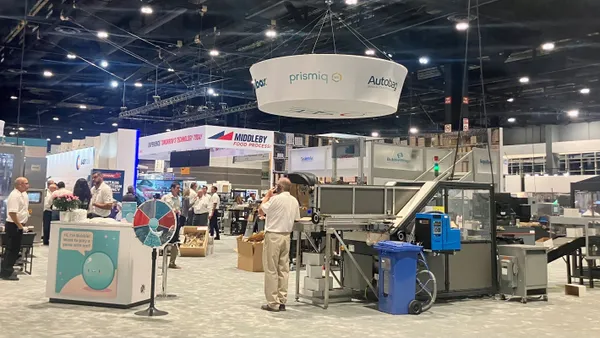- Results: Amcor executives detailed the quarter ended June 30, which featured the beginning of the integration of Berry Global, during an earnings call Thursday. Volumes in both the legacy Amcor business and especially the legacy Berry business were down in the recent quarter, by a combined 1.7% year over year. This was worse than the flat trend that Amcor had expected. Some of that weakness came from operating issues in the North American beverage business, as well as consumers’ lower discretionary spending in categories like snacks and confectionery, executives said. The volume decreases were about 2% in rigids and 1.5% in flexibles.
- Berry integration: Leadership teams are in place across the organization, said CEO Peter Konieczny. Benefits from the combination are already in play, including instances of Amcor providing full packaging solutions rather than just components. He pointed to how legacy Amcor has been able to provide lidding for coffee capsules supplied by legacy Berry.
- Portfolio: The company is doubling down on $20 billion worth of “high-growth, high-margin” business areas that comprise 50% of its core portfolio, including healthcare, beauty and wellness, pet food, food service, liquids and protein. The company is also making some new divisions in the legacy Amcor rigids business, including separating North American beverage; integrating Amcor and Berry’s specialty containers business; and combining the legacy rigid and flexible businesses in Latin America.
- North American beverage business: During the quarter there were “operating challenges” at multiple high-volume sites, which resulted in higher freight and labor costs, executives explained. The $1.5 billion business now has “new and focused management” addressing challenges. “I'm going to say it very loud and clear: We're not happy with the performance of the North American beverage business in the fourth quarter,” Konieczny said. Customers faced service issues. “Flexing our capacities with volumes is something that we're very, very familiar with,” but clearly the business tried to do too much of that, he said.
- Downsizing: Over the next few quarters, Amcor will work to stabilize and strengthen North American beverage business performance “before exploring alternatives,” Konieczny said. Across the company, Amcor reported that it has already cut approximately 200 roles since the acquisition was finalized in April. It has also closed one site and initiated the closure of four others. In addition to North American beverage, it’s also identified other less-aligned areas, including “smaller businesses with combined sales of ~$1 billion.” Possible outcomes might include divestitures, restructuring or joint venture ownership models.
- Outlook: “We are not factoring in a meaningful rebound in consumer demand, which we believe is a prudent approach, given the current macroeconomic environment and ongoing uncertainty surrounding tariffs and their potential impact on customers and end consumers,” CFO Michael Casamento said. The company anticipates “broadly flat volumes for FY 26.”
- Guidance: Amcor projects that free cash flow will double to between $1.8 billion and $1.9 billion in fiscal year 2026. The company forecasts adjusted earnings per share growth of at least 12% and up to 17%. Capital expenditure expectations are pegged between $850 million and $900 million. Amcor also reaffirmed its “synergy” targets with the Berry integration, which include $260 million in FY2026 and $650 million by the third year.

Amcor considers divesting North American beverage business
The company is redefining its “core portfolio’ after acquiring Berry. Since finalizing that deal, Amcor has cut roles and begun closing some sites, and has hit some unexpected snags in North America.

Recommended Reading
- Amcor completes acquisition of Berry Global By Maria Rachal • April 30, 2025










